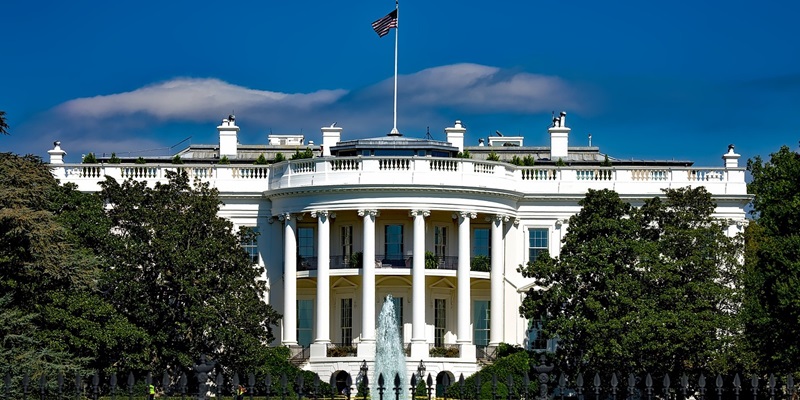The eagerly awaited AI executive order from the Biden administration is poised for release on Monday, and insiders report that it is the longest executive order they have seen, spanning over 100 pages. This article delves into the key provisions of the order, its significance and timing, and its potential impact on AI regulation in the United States.
Key provisions of the AI Executive Order
The AI executive order mandates that advanced AI models undergo assessments before they can be utilized by federal workers. This requirement aims to ensure that AI systems used by the government are trustworthy and reliable. Additionally, the order places emphasis on auditing and assessments in the offerings of vendors that sell to both government and non-government customers, utilizing the federal government’s influence as a top technology customer.
Significance and Timing of the AI Executive Order
The close proximity of the release of the AI executive order to the UK’s AI Safety Summit suggests that the United States intends to showcase its leadership in AI regulation. By demonstrating a proactive approach towards regulating AI, the US aims to position itself as a global frontrunner in the responsible implementation of AI technologies. Moreover, the order leverages the federal government’s considerable status and leverage as a major technology customer to encourage vendors to incorporate auditing and assessments into their AI offerings.
The Biden Administration’s Limited Options for AI Regulation
The AI executive order is perceived as one of the few avenues available to the Biden Administration for unilaterally addressing AI regulation. Given the complexities and challenges associated with AI governance, this order demonstrates the administration’s commitment to taking effective action to address potential risks and promote responsible AI practices.
The upcoming White House event: “Safe, Secure, and Trustworthy Artificial Intelligence”
In conjunction with the release of the AI executive order, the White House is hosting an event on Monday called “Safe, Secure, and Trustworthy Artificial Intelligence.” This event serves as a platform for industry leaders, policymakers, and experts to discuss and exchange ideas on AI regulation, safety, and security. Its timing, parallel to the executive order release, further underscores the administration’s dedication to fostering a robust and responsible AI ecosystem.
Comparison with the EU AI Act
While the AI executive order is nearing its release, EU officials are also working towards finalizing the EU AI Act, set to be passed by the end of this year. By enacting the AI executive order prior to the EU’s actions, the US reaffirms its commitment to taking the lead in AI regulation and aligning its approach with global standards.
Objectives of the AI Executive Order
Above all, the primary objective of the AI executive order is to ensure that advanced AI models used by federal workers undergo thorough auditing and assessment. By subjecting these AI systems to rigorous scrutiny, the government aims to instill trust and confidence in the technology, safeguarding against biases, vulnerabilities, and potential harm.
As the Biden Administration prepares to release its extensive AI executive order, the significance of this development cannot be overstated. This comprehensive order, spanning over 100 pages, highlights the administration’s dedication to addressing AI regulation and promoting responsible AI practices. By combining regulations and assessments for federal use, leveraging the government’s technology customer status, and being at the forefront of AI-related discussions, the US aims to solidify its position as a global leader in AI regulation, fostering an environment of safe, secure, and trustworthy AI deployment.

